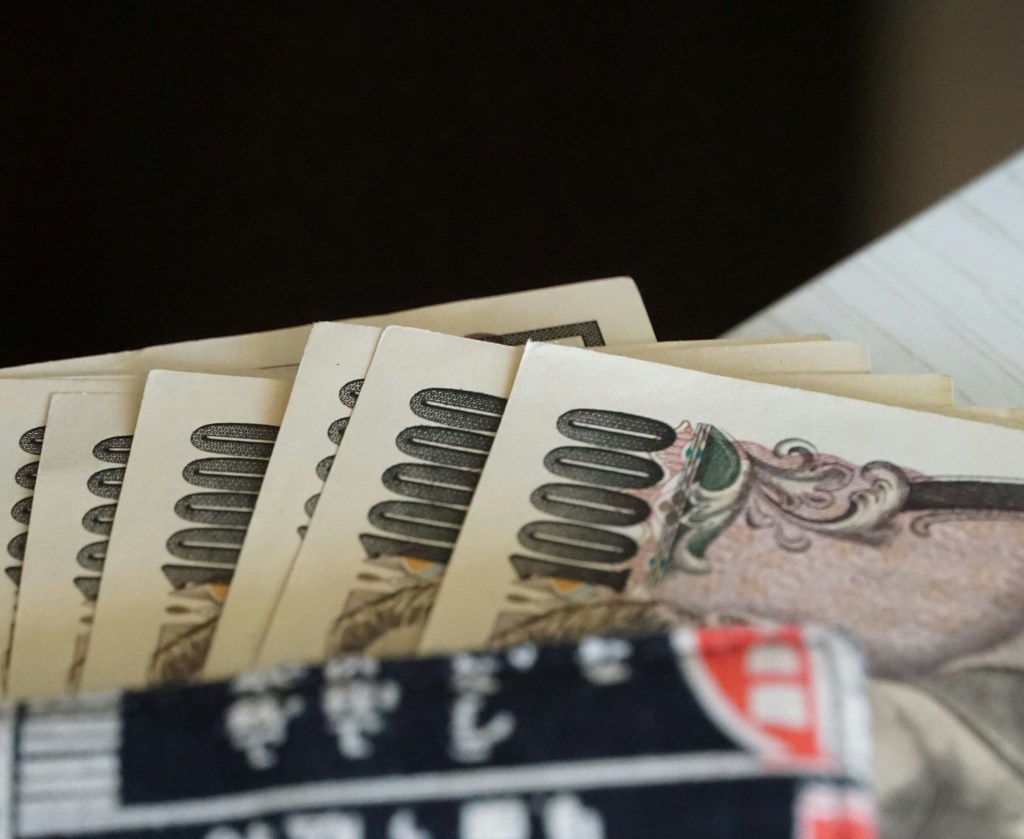Japan’s foreign exchange reserves declined mainly due to a fall in the value of external securities, with no official confirmation of possible currency intervention. Weakness of the yen affects Asian currencies and requires surveillance and timely action. Rational analysis and hedging of risks are needed to maintain regional stability through cooperation.

Ⅰ. Japan’s Shrinking Foreign Exchange Reserves and Its Implications
Japan’s foreign exchange reserves declined by $14 billion in April, mainly as a result of a decline in the market value of external securities (e.g., United States bonds) in line with rising yields, rather than as a result of direct market operations. This decline reflected a decrease in the market value of bond holdings as a result of rising globalbond yields. Meanwhile, the dollar-yen exchange rate reached the 1-to-160 level for
the first time since 1990, and potential market intervention will not be seen in the foreign exchange reserves data until early May.
Analysis suggests that Japan may have intervened twice in late April, around 6.2 trillion and 3.2 trillion yen respectively. However, this is not clearly reflected in the foreign exchange reserves data. Officials’ denials have caused market speculation. Nevertheless,the finance minister said Japan will take measures when necessary.
Ⅱ. Impact of a weaker yen on other Asian currencies
There are several important reasons behind the continued weakness of the yen, whichis also affected by the shrinking of foreign exchange reserves:
Risk of competitive devaluation: A sharp depreciation of the yen could lead to a “competitive devaluation” phenomenon whereby other countries may be forced to devalue their own currencies in order to maintain their export competitiveness. This chain reaction is particularly evident in export-oriented economies.
Regional impact: As one of the major economies in Asia, Japan’s monetary policy andeconomic conditions have a significant impact on its neighbors. When the Japanese yen depreciates, other countries may respond with corresponding monetary policies in order to avoid their own currencies appreciating relative to each other to the detriment of their exports.
Competitiveness in export markets: The depreciation of the yen has weakened the competitiveness of other Asian countries in export markets, which is particularly important for those countries that compete with Japan in the global marketplace.
Ⅲ. Recommendations for action and outlook
Against this backdrop, central banks need to closely monitor the dynamics of the currency market and be prepared to take timely action to maintain the stability of their respective currencies. For investors, it would be wise to analyze all information rationally, avoid overreaction and hedge against potential risks. Ultimately, through cooperation and communication, Asian countries can work together to address the challenges and maintain monetary stability and healthy economic development in the region.





